
Health & Medicine
Dispelling the myths about transgender people
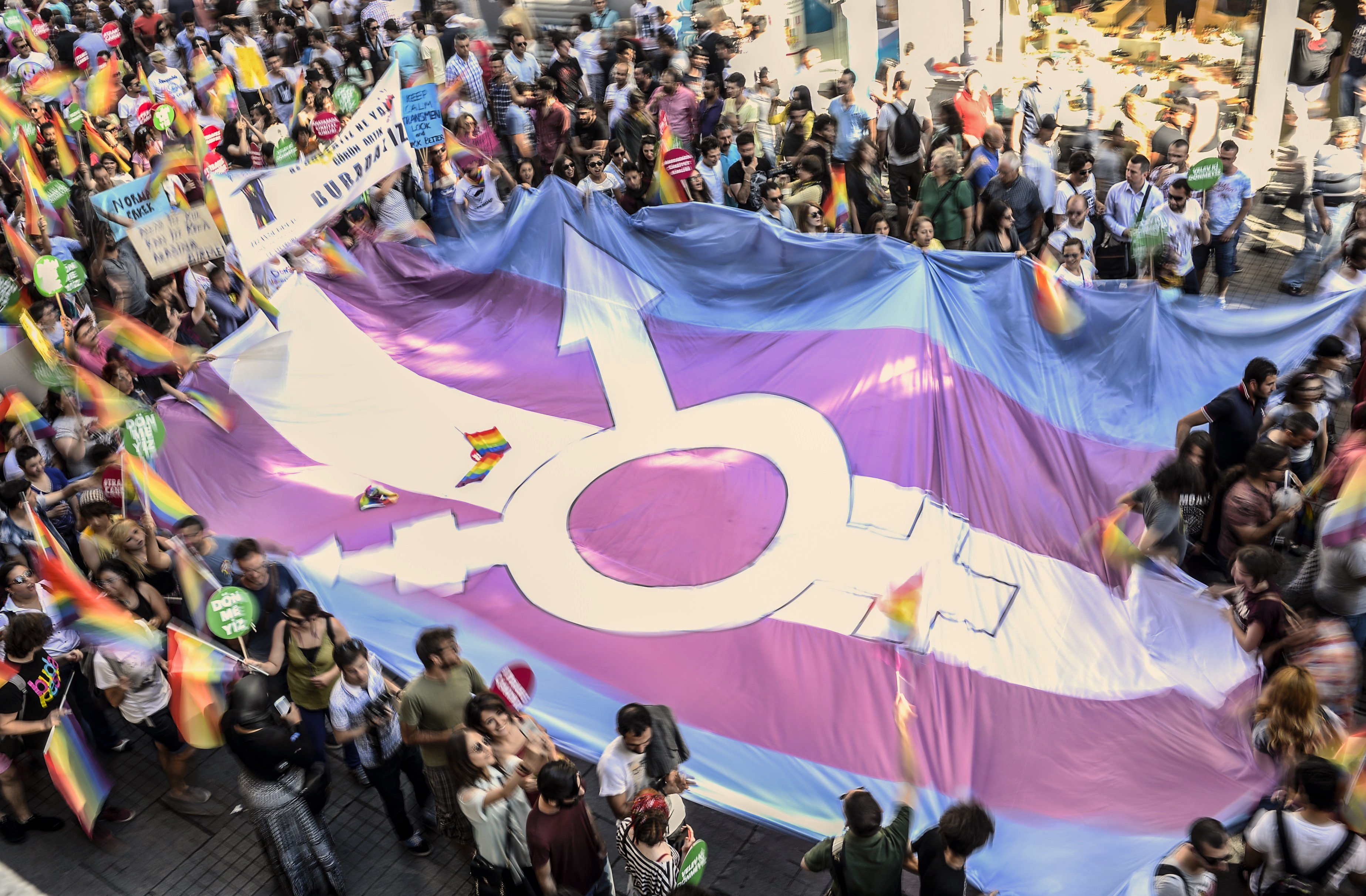
While increased visibility of the LGBTQIA SB+ community aims to promote acceptance, it can inadvertently increase stigma, highlighting the need for strong allies on days of awareness
Published 16 May 2023
1990 was an important year for me.
It was the beginning a new chapter for the visibility of raising awareness about the discrimination and violence faced by the LGBTQIA SB+ community worldwide with the establishment of the International Day against Homophobia, Transphobia and Biphobia (IDAHOBIT) on 17 May that year.
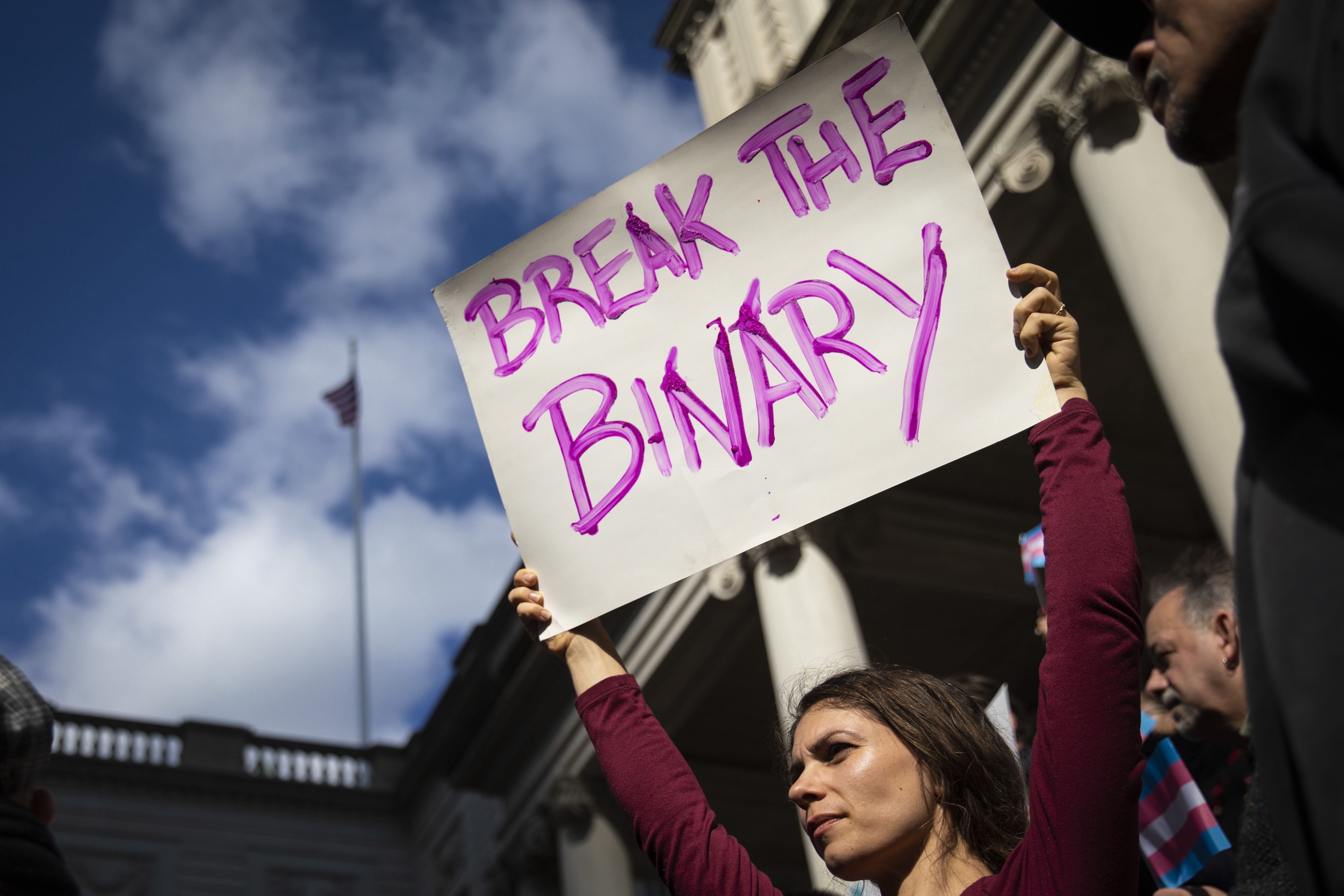
It also coincided with the beginning of a change in my relationship with my adopted family and a lifelong journey of dealing with violence, discrimination and visibility.
For me, the issues raised and marked by IDAHOBIT DAY are my living experiences. And it’s important that people get a deeper insight into why this is more than just a day of remembrance, but a double-edged sword that not only raises awareness and celebration but also positions people in an outgroup.
This outgroup refers to those who don’t conform to the heteronormative representations of cisgender male or female, or publicly disclose that they are heterosexual, who can then be subjected to prejudice and singled out as not belonging.

Health & Medicine
Dispelling the myths about transgender people
In 1990, I was 21 and still trying to make sense of the AIDS crisis in Australia and around the world.
The daily lived experiences of many people like me at the time were ones of constant fear – fear of abuse and discrimination in schools, health services providers and education.
Over the decades, our changing understanding of AIDS transmission and better treatment options slowly created a visibility of the discrimination that many of our LGBTQIA SB+ community had been exposed to.

I was always perceived as someone who looked and sounded different. Whether I was at high school, university or work, cis men never spoke to me or engaged in any meaningful conversations, so I always sat by myself in staff rooms and just tried to hide myself in magazines.
To me, it was clear that we needed some way of bridging the social and cultural landscapes in Australia, that would allow us to voice our living experiences and have a day to reflect on the past, present and emerging ways to better understand us.
The advent of a day of recognition where the whole community can come together and take the time to listen to each other provides an opportunity to understand the ways that we can better connect and work more effectively, rather than fearing each other.

In the mid-2000’s I discovered that IDAHOBIT Day was being celebrated through our workplaces, universities, high schools and health spaces.
For those like me, who identify as transgender or gender diverse and are in our 50s, this visibility was a double-edged sword.
The day is essential as it aims to promote equity and acceptance for all individuals, regardless of their gender identity or sexual orientation. But the increased visibility can lead to a greater exposure to the verbal abuse and ridicule I receive when I go out in public spaces.
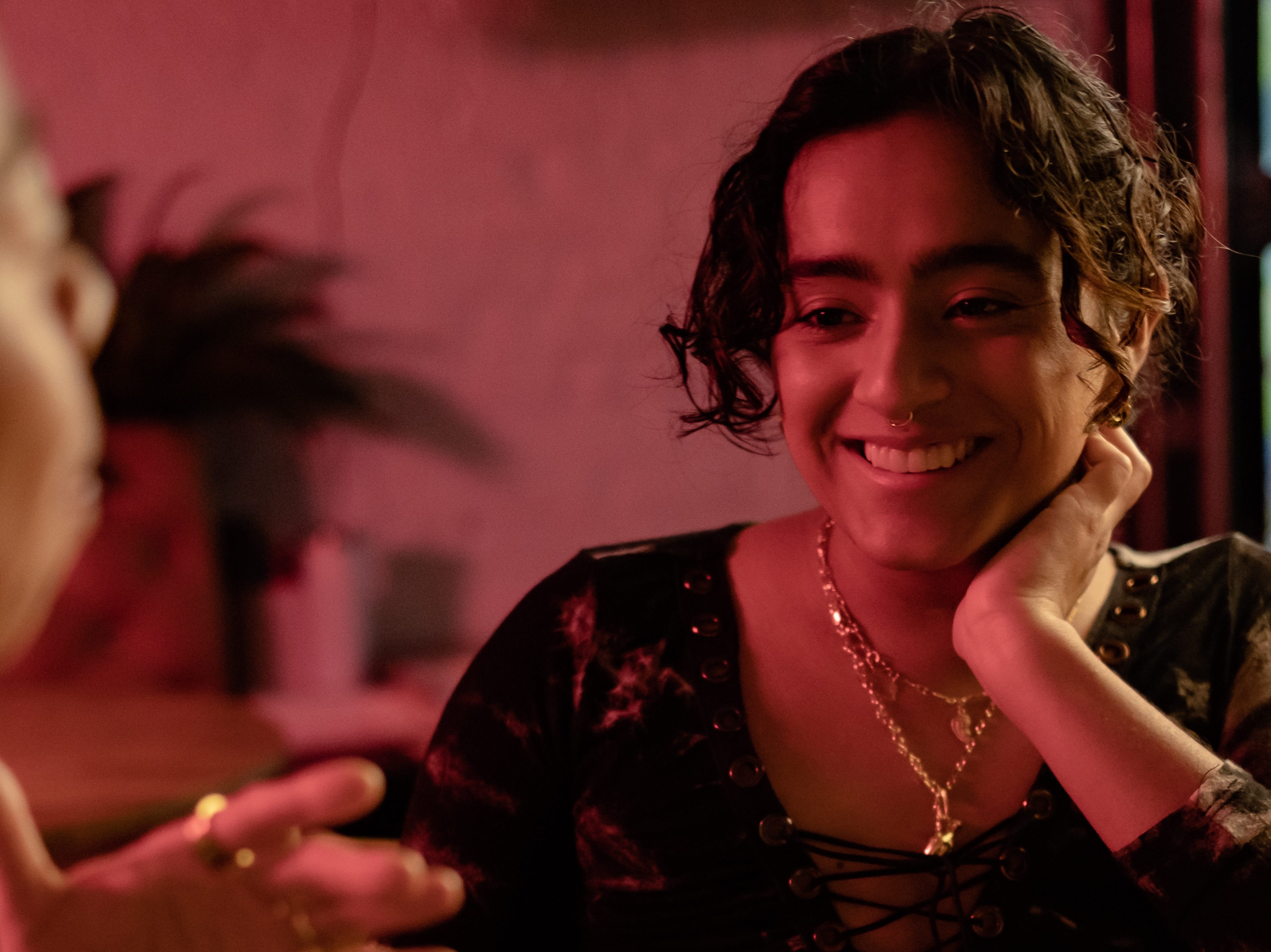
There’s a term used in the trans and gender diverse community known as passing. It’s contentious because it legitimates those that dislike and fear trans women, allowing them to frame their hate for us based on a term and then weaponise this against us even further if we don’t meet their expectations.
For many trans and gender diverse people, the impact of passing mediates where we chose to meet in public spaces.
Even now, there is still the perception that if you don’t conform to the binary visual representations of gender, then you are purposefully seeking attention and welcoming public comment – positive or otherwise.

Health & Medicine
Multiple jeopardy: COVID-19 and Indigenous LGBTIQ+ lives
The primary goal of IDAHOBIT is to provide a conversation starter for deeper discussions around the issues that impact my community and consider ways to disrupt discrimination.
In 2023, there remain very real challenges that LGBTQIA SB+ communities are facing locally and globally.
For example, the last year or so has seen vociferous protests criticising libraries and other venues hosting Drag Time Stories.
These increasingly popular events see drag queens reading books (ranging from standard kid literature to LGBTQIA SB+ themed stories) to children in libraries, schools and pubs.
In the United States, these joyful events have been targeted by right-wing extremists as well as conservative parents and politicians.
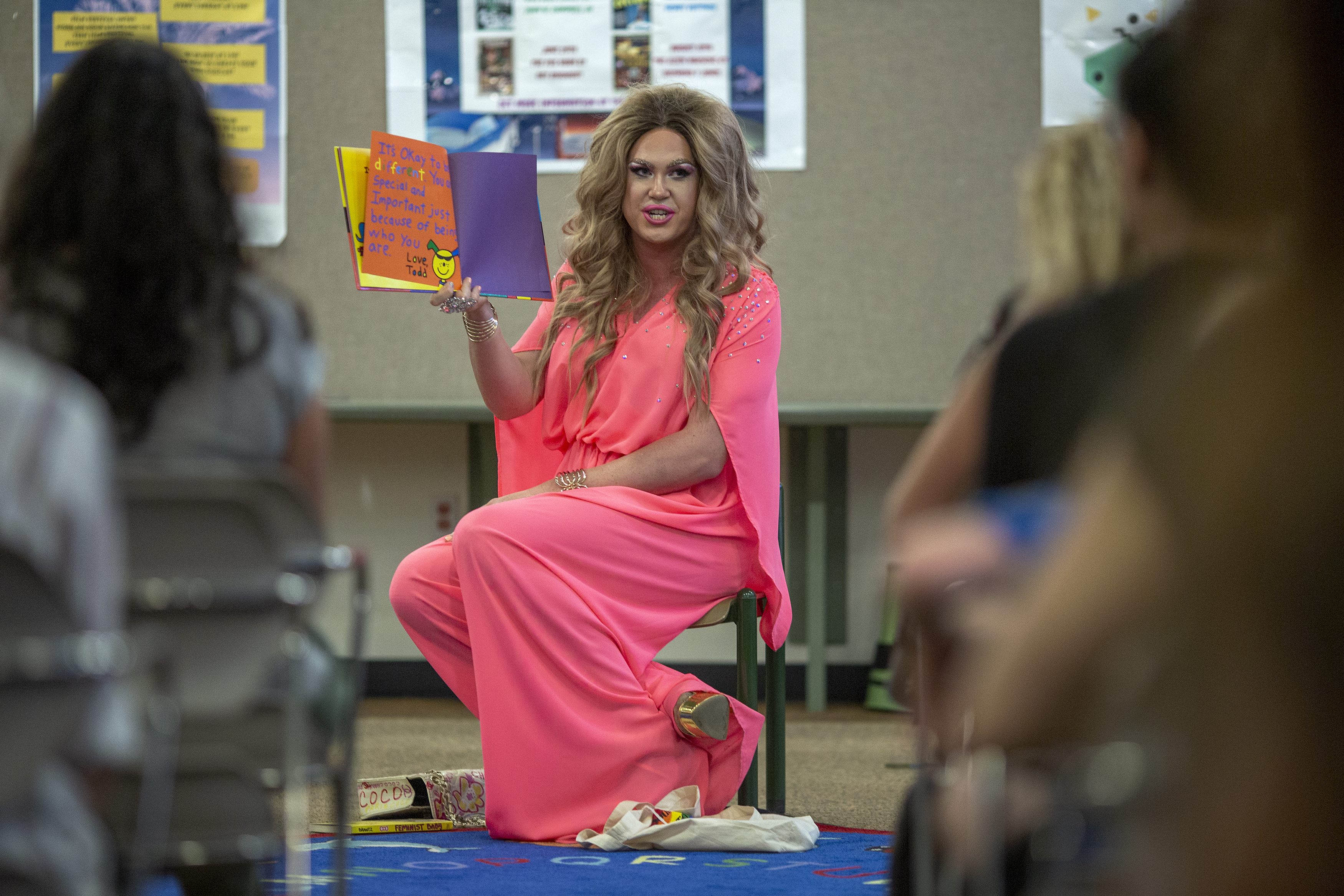
Even here in Australia, Drag Time Stories have been cancelled following “threats of violence”.
Then there’s the media’s coverage of anti-trans issues which raise important questions.
Currently, there seems to be a narrow focus on the few people who have had gender-affirming surgeries (surgeries intended to align an individual’s physical body with their gender identity) and then those who have decided to detransition – that is return to their sex assigned at birth.

Politics & Society
The human cost of homophobia and transphobia
In fact, in a 2015 survey of nearly 28,000 people conducted by the US-based National Center for Transgender Equality, only eight per cent of respondents reported detransitioning, and 62 per cent of those people said they only detransitioned temporarily.
The most common reason for detransitioning, according to the survey, was pressure from a parent, while only 0.4 per cent of respondents said they detransitioned after realising transitioning wasn’t right for them.
But this narrow focus by the media only contributes to widespread misconceptions about the gender transition process – including at what age different procedures are even considered.
And these messages have been hijacked by the rise of anti-trans radical feminists, politicians and some religious affiliated groups in the community who do not support gender affirming surgery.
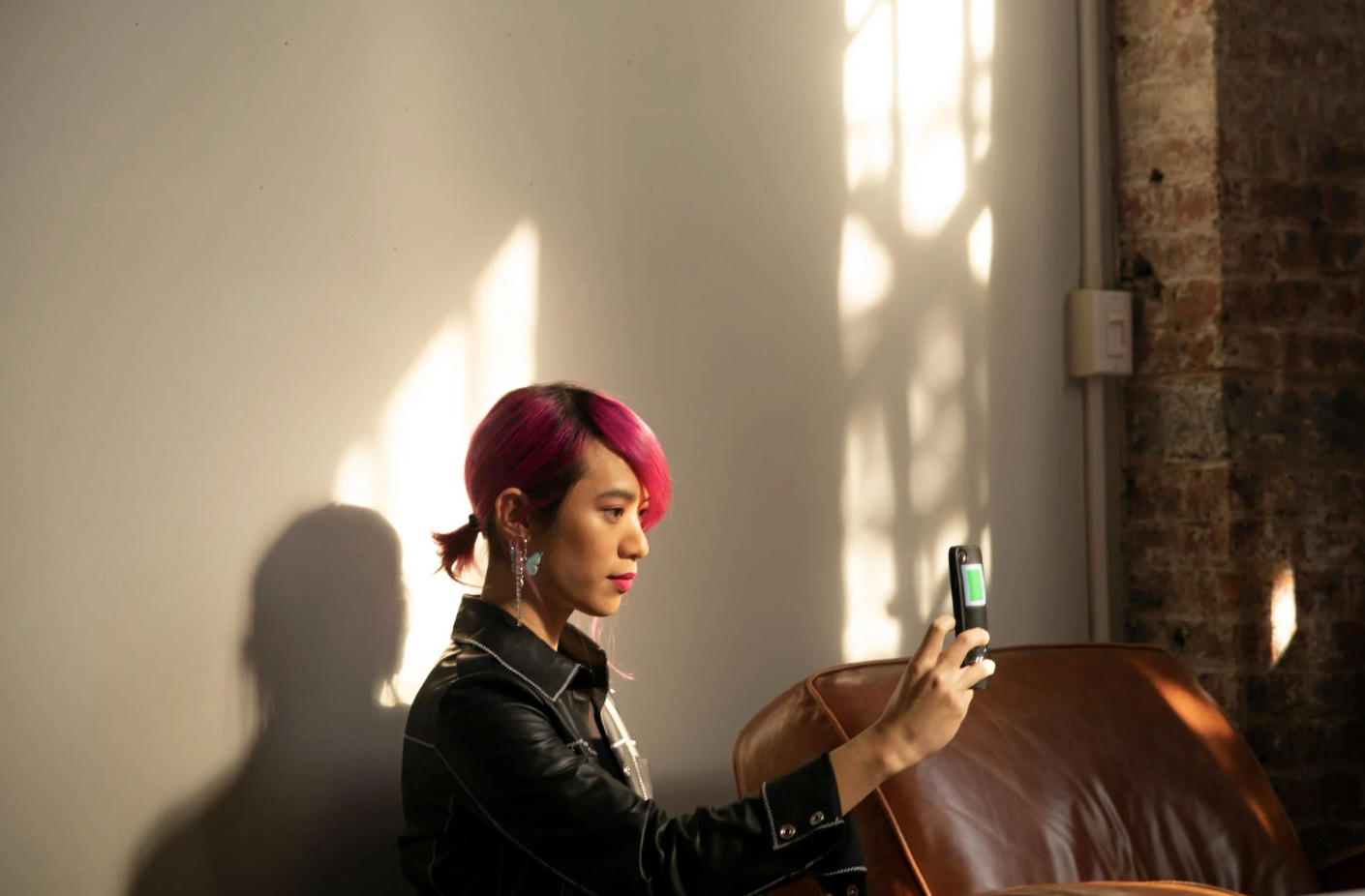
What the media doesn’t cover is the living experiences of people like me, the daily interactions in spaces and places where our safety may be compromised.
This is especially true on public transport and ride sharing, but also evident in the inability for those with intersectional presentations to access employment, housing and quality health care
Each year, IDAHOBIT Day highlights a theme that’s threaded through the activities of organisations and people.

This year’s theme, “Together always: united in diversity”, symbolises the continual need to address the ongoing challenges of discrimination and alienation faced by the LGBTQIA SB+ communities globally to promote solidarity, equality and acceptance.
It’s difficult for me to encapsulate the interconnected ideologies of heteronormative privilege that operates in Australian society in 2023.
In my own research, I am working with cisgendered, heterosexual self-identified secondary school teachers on how they select diverse content in their classrooms and whether they select beyond the gender and sexuality binaries.
I have tried to highlight here that marking IDAHOBIT Day needs to move beyond flag-raising ceremonies to ensure that actionable policies of diversity and inclusion are embedded in daily practice in all community spaces.
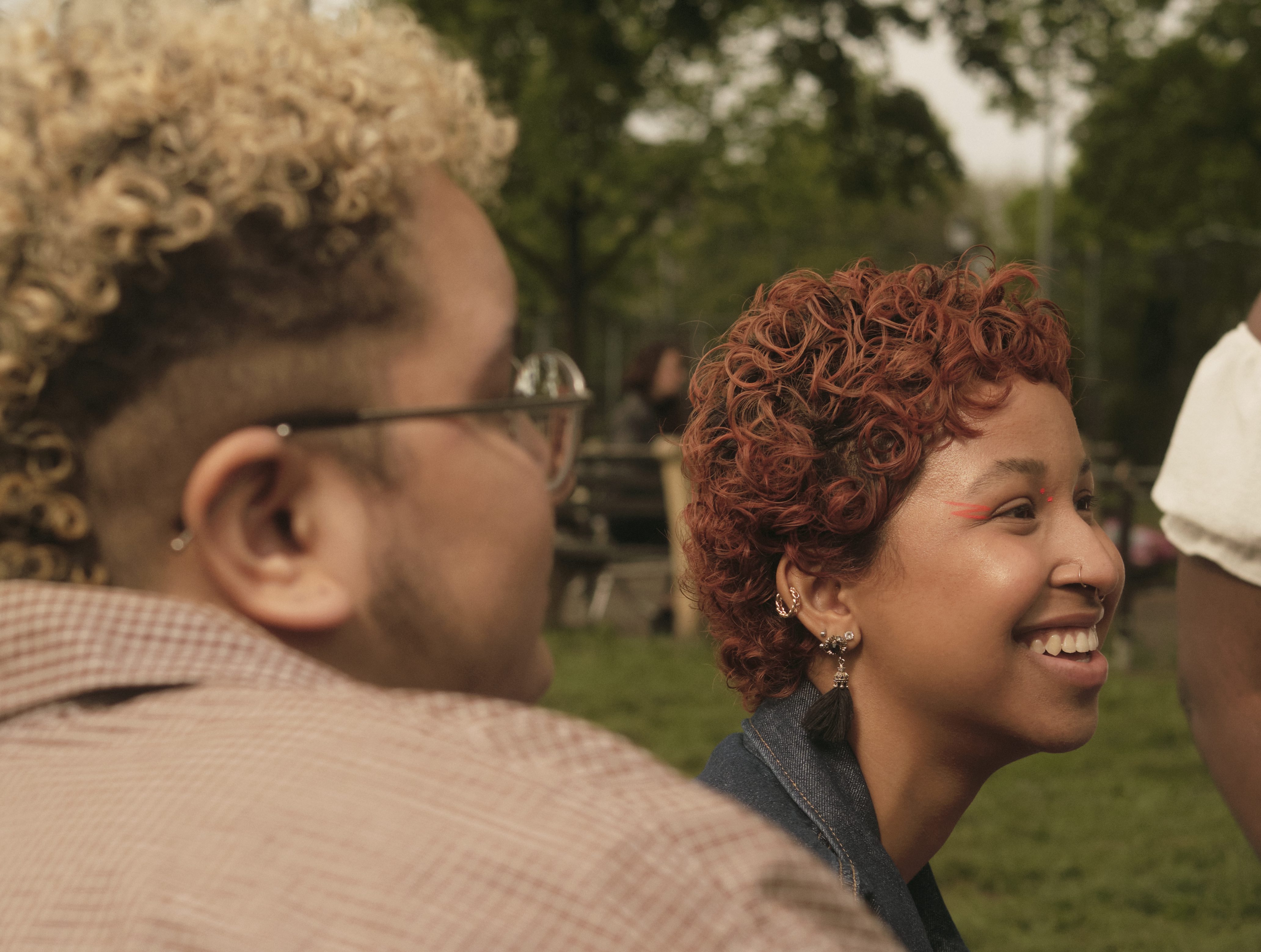
However, before this can be authentically enacted, we of the LGBTQIA SB+ communities need allies. We need these allies to have personal conversations with their significant others, their families and friends, and consider the issue of accepting that binary notions of gender are problematic, not inclusive.
The essence of IDAHOBIT Day for me is that my embodiment does not take away from your embodiment.
There’s an irony to my living experience.
In 1990, I was stigmatised because I was a visible representation of the community that was linked to AIDS. Now in 2023, I am visibly linked to being trans.
My trans gender identity is my positionality that I bring to this diverse world, and it may be that your cisgender identity is yours.
But surely, we can coexist and live in harmony – or do we need to wait another 30 years?
If you or anyone you know needs help or support, Lifeline is available on 18 11 14. QLife is a LGBTQIA SB+ specific service available on 1800 184 527, or webchat. DISCHARGED is a peer support group for trans and gender diverse people.
Banner: Getty Images